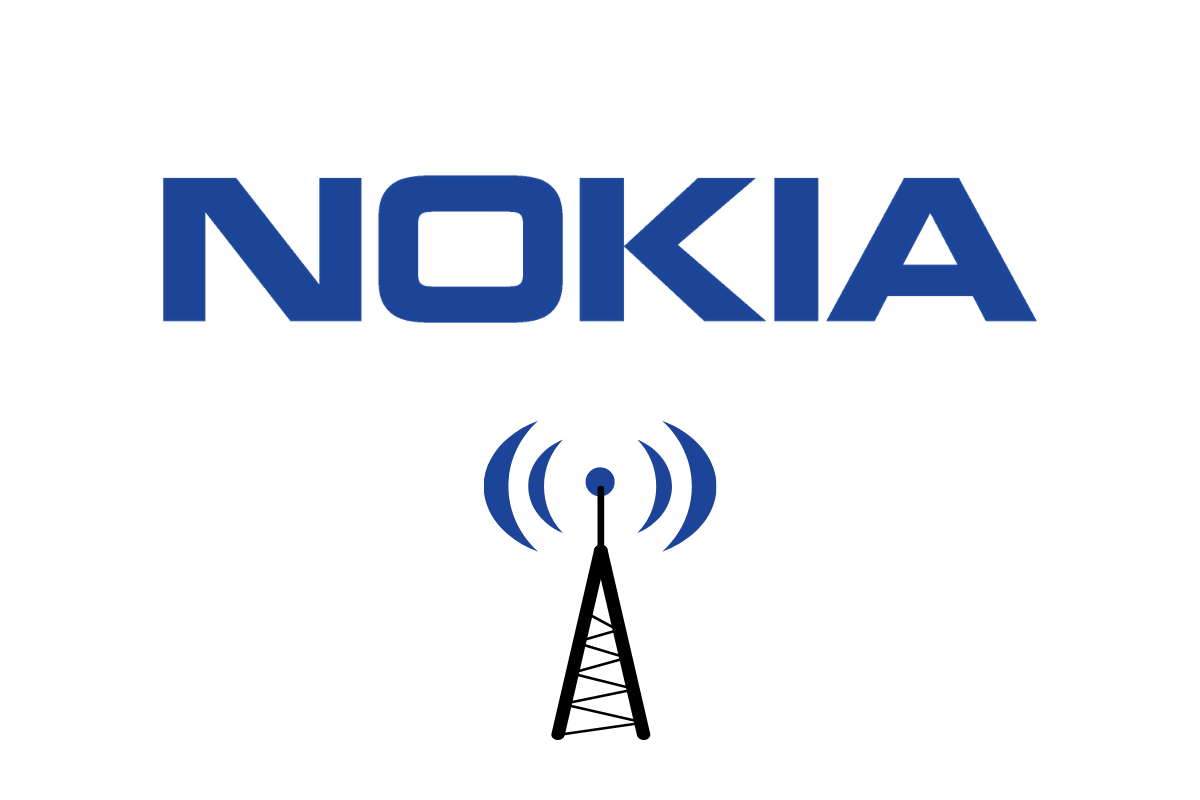Nokia has announced that it will continue to work with the State Grid Corporation of China, the largest electric utility in the world (SGCC). In the provinces of Hubei, Hunan, and Jiangxi, SGCC will implement Nokia’s Optical Transport Network (OTN) solutions, building a world-class OTN backbone with the capacity, operational effectiveness, and intelligence needed to support the Chinese power grid and offer highly reliable service to its large client base.
The SGCC Will Use the Internet of Things To Build Smart Grids
Over 1.1 billion people in 26 counties are served by the utility, which supplies electricity, making up 88% of China’s national area. Both bandwidth and complexity rise as power companies, including SGCC, use the Internet of Things (IoT) to build smart grids. The Nokia solution, which consists of Nokia’s family of 1830 Photonic Service Switch-x (PSS-x) P-OTN, enables SGCC to quickly adapt to this new situation, enhancing the overall stability of the power grid and generating a sizable decrease in daily operational expenses. Using IoT sensors throughout their infrastructure, the utility is able to automate the monitoring of the generation and distribution of electrical power in real-time. By tying together and keeping an eye on various energy-producing and storage systems across its vast area, SGCC is also able to exploit new energy sources like solar, water, and wind. China’s objective of becoming carbon neutral by 2060 can be achieved because of the portfolio’s design, which has a minimal environmental impact and low power usage. With scalable WDM capabilities from 100G to 600G per wavelength offered by the Nokia optical transport range, there is no longer a need for pricey, disruptive replacements and product waste is minimised. With this mission-critical network in place, the State Grid Corporation of China now has the freedom to move beyond 100G whenever and however it sees fit, utilising unparalleled operational and environmental efficiencies as it automates and modernises across its geographies, according to Markus Bochert, President of Nokia Greater China.
